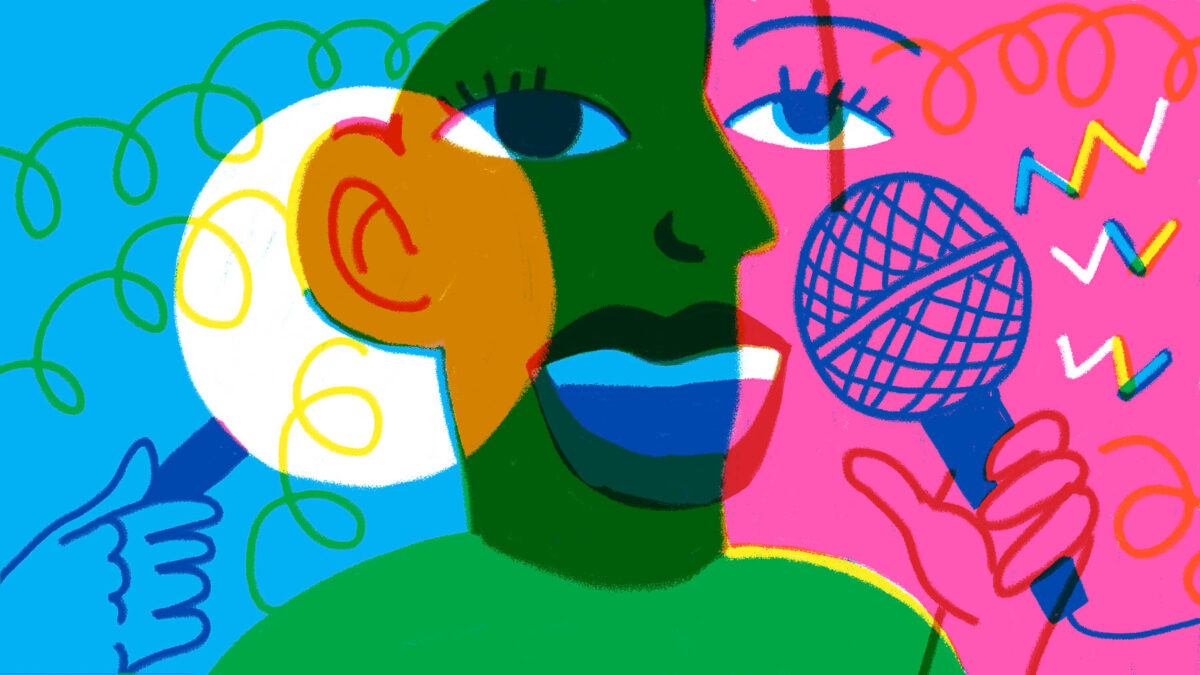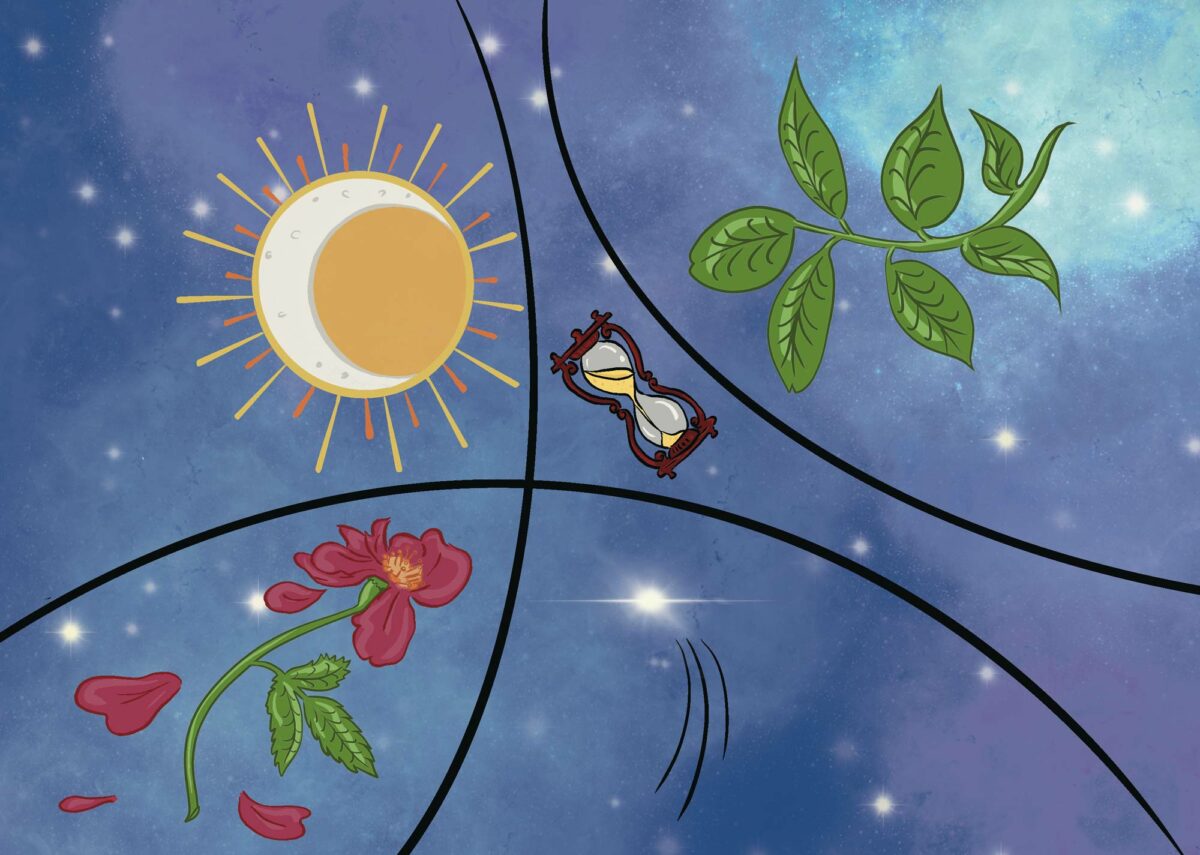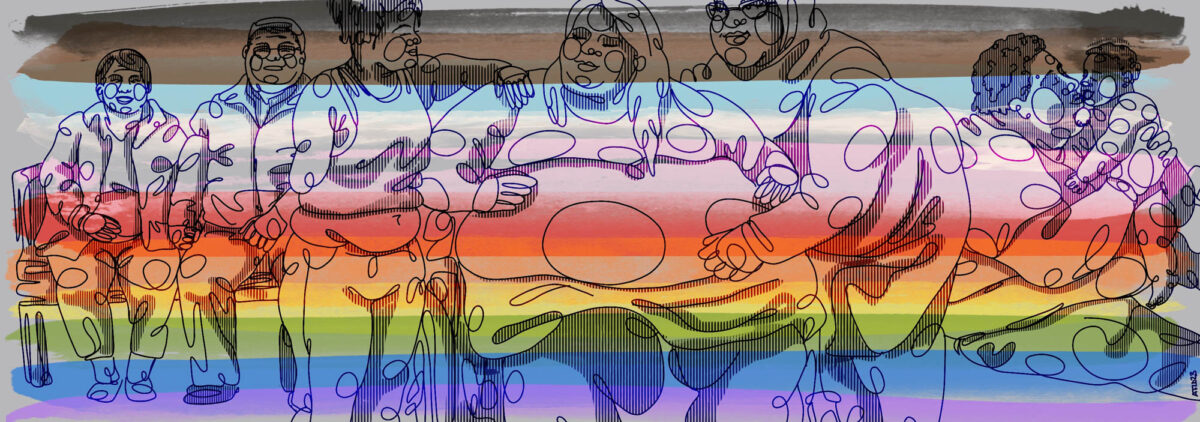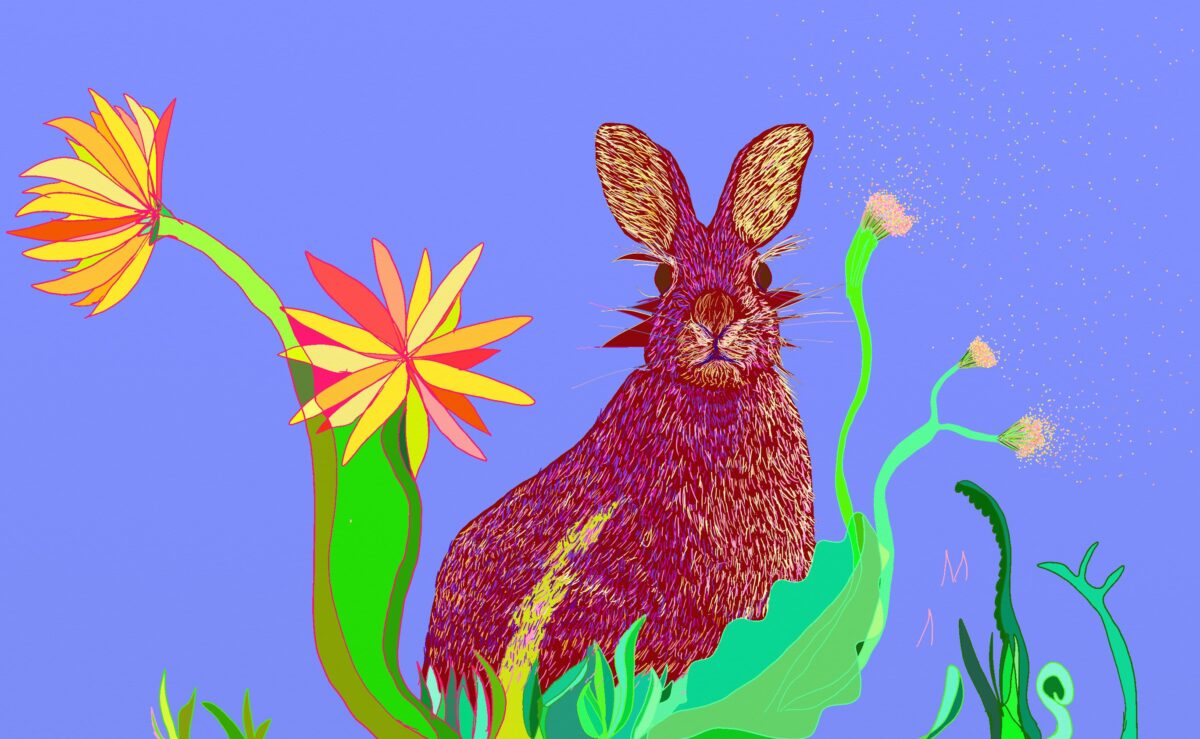Our research at Bodies in Translation is animated by two guiding propositions: that we incite and catalyze generative collaborations among artist and academics across disciplinary, sectorial, cultural, and other divides; and that we centralize culturally, cognitively, affectively, and physically diverse artist practitioners as members of communities whose voices and self-representations have been marginalized from mainstream social discourses, cultural landscapes and art institutions across our province and country.
Embodying these principles of catalyzing collaborations and centralizing non-normative artistic creation, our team consists of two Project Directors, a management committee; a big picture committee; and over 70 partners and collaborators who are researchers, artist-academics, practicing artists, and community leaders.
Management Committee
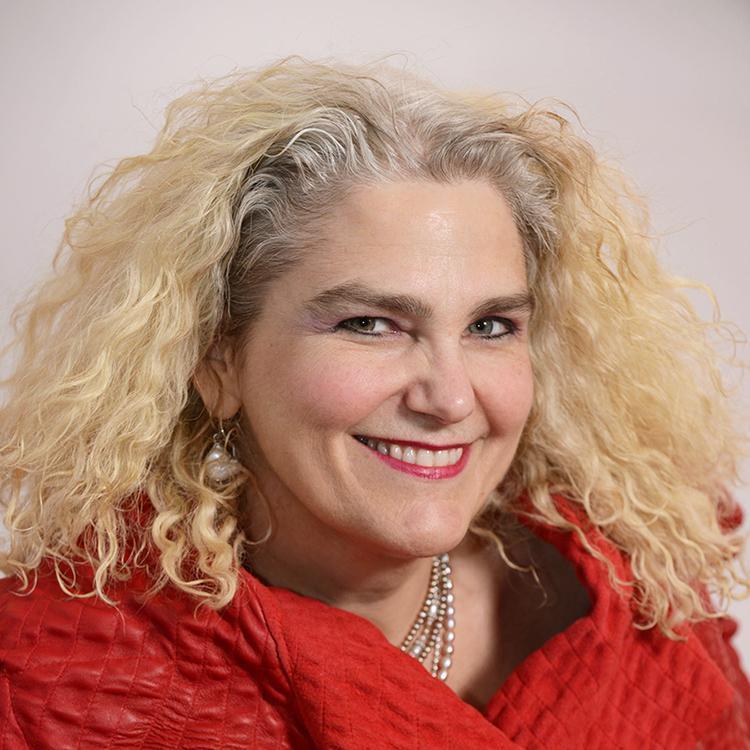
Carla Rice
Principal Investigator and Co-Director
Carla’s Bio
Dr. Carla Rice is Full Professor and Canada Research Chair at the University of Guelph. A leader in the field of embodiment studies in Canada, her research explores cultural representations and stories of body and identity. She founded Re•Vision: The Centre for Art and Social Justice, a cutting-edge research creation centre with a mandate to use arts-informed and community engaged research methods to foster inclusive communities, well-being, equity, and justice within Canada and beyond. She has received numerous awards for advocacy, research, and mentorship, and was inducted into the Royal Society of Canada, College of New Scholars, Artists and Scientists in November 2017. She has published 4 books, 69 papers, 26 chapters, and 13 reports; produced over 500 films; and delivered hundreds of keynote addresses, training workshops, consultations, and presentations, nationally and internationally. She currently directs or co-leads nine research grants, including Bodies in Translation: Activist Art, Technology and Access to Life. Notable books include Gender and Women’s Studies: Critical Terrain (2nd edition, 2018), and Becoming Women: The Embodied Self in Image Culture (2014). www.carlarice.ca

Eliza Chandler
Co-Director
Eliza’s Bio
Eliza Chandler is an Assistant Professor in the School of Disability Studies at Ryerson University and Co-Director of Bodies in Translation. In 2014-2016 she was a postdoctoral research fellow in Ryerson’s School of Disability Studies as well as the founding Artistic Director of Tangled Art Gallery, Canada’s first art gallery dedicated to showcasing disability art and advancing accessible curatorial practice. Eliza serves as a director on the Ontario Arts Council Board of directors and is a practicing disability artist and curator. Chandler regularly give lectures, interviews, and consultations related to disability arts, accessible curatorial practices, and disability politics in Canada.

Elisabeth Harrison
Research Project Manager
Elisabeth’s Bio
Elisabeth Harrison (she/her, they/them) is Research Associate III with BIT and i2i. She has been working with the Re•Vision Centre for several years, on projects including Through Thick and Thin, and From InVisibility to Inclusion. She has also worked in administration in the independent living field. She recently completed her PhD in Critical Disability Studies. Her dissertation research used narrative and digital storytelling methods to illuminate trans, nonbinary and gender nonconforming people’s experiences with mental health care in Ontario. She has taught courses in women and gender studies, psychology, and education, and her research interests are in Mad studies, fat studies, and intersectionality theory.
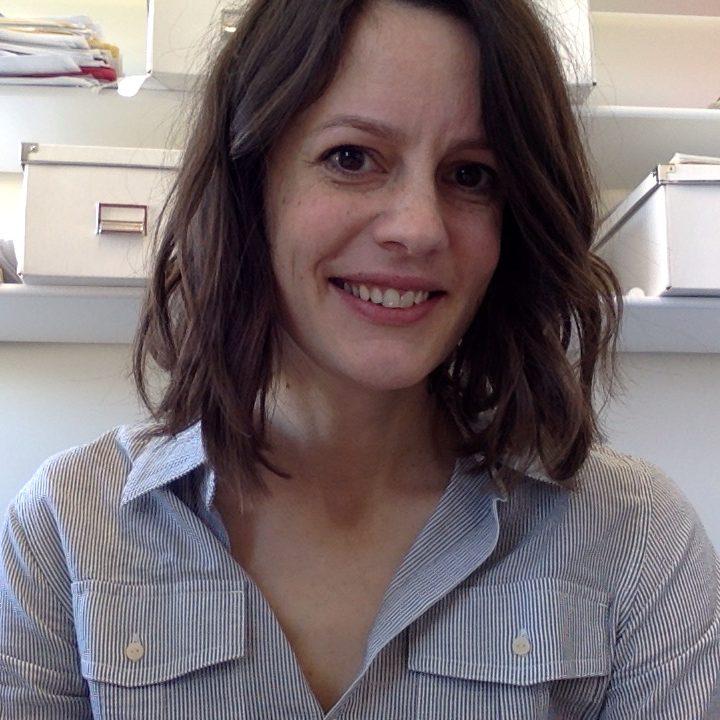
Ingrid Mündel
Managing Director of Re•Vision: The Centre for Art & Social Justice
Ingrid’s Bio
Ingrid Mündel is the Managing Director at Re•Vision: The Centre for Art and Social Justice at the University of Guelph, Ontario. Ingrid holds a PhD in Literature and Performance Studies from the University of Guelph and is an experienced community-based researcher, facilitator, and educator with a particular interest in art-based approaches to community dialogue and social change.

Jessica Watkin
Artistic Producer
Jessica’s Bio
Jessica Watkin is a PhD Candidate at the University of Toronto’s Centre for Drama, Theatre and Performance Studies with research focusing on Disabled artists in Canada and their creation processes, dramaturgies, and support systems. She is a Blind and Disabled scholar, interdisciplinary artist, dramaturg, consultant, educator, and reader. She has been published in the Canadian Theatre Review, The Drama Review, and Theatre Research in Canada, and has attended Theatre Research conferences internationally. She currently co-facilitates the Disability, Pedagogy, and Performance Working Group at the Canadian Association of Theatre Research and is working to co-create definitions of what Accessibility Design and Disability Dramaturgy mean in a Canadian context.

Nadine Changfoot
Management Team Member
Nadine’s Bio
Nadine Changfoot is Associate Professor in Political Studies, Trent University. Nadine has worked with Re•Vision since 2012, beginning with the CIHR funded project “Mobilizing New Meanings of Disability and Difference.” With BIT, Nadine is a member of the Management Committee, co-lead of Research Stream 5, Mobilizing the Arts: Artistic and Activist Methodologies and Pedagogies which, through an iterative process, aims to make BIT research creation and outputs accessible to the public, and will be co-leading a series of multimedia digital storytelling workshops with older adults in partnership with the Trent Centre of Aging Studies. She is also researcher on the SSHRC funded partnership, Community First (CFICE): Impacts of Community-Campus Engagement. CFICE is working to establish and strengthen community-campus partnerships on a regional and national scale. Nadine’s research is collaborative; she has published widely at the intersection of critical disability studies, feminist thought, aging studies, methodology, and community-engaged research.
Big Picture Committee
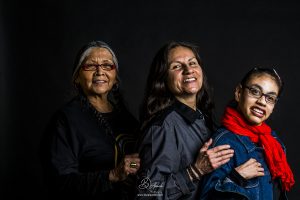
Mona Stonefish and Sky Stonefish
Elder and Knowledge Keepers
Mona and Skys’ Bio
Anishinaabe Elder Mona Stonefish (Bear Clan) is a Doctor of Traditional Medicine and an international activist for peace, Indigenous, women’s and disability rights. She is Senator of the Anishinaabemowin Teg – language preservation, a Keeper of Wisdom, and a Grandmother Water Walker. Mona Stonefish is also a member of the Native American Museum of Washington D.C., a traditional dancer, and recipient of the Queen Elizabeth II Diamond Jubilee Medal (2013). She and her granddaughter Sky Stonefish support and teach one another, confront discrimination, and fight to tear down barriers in their travels together.

Karen Yoshida
Archiving and Historicizing the Arts: Recollecting Histories of Difference
Karen’s Bio
Karen Yoshida, Ph.D. is an Associate Professor at the Department of Physical Therapy, University of Toronto. She has initiated and led an innovative Critical Disability Studies and health and wellness/diversity component, with disability rights communities in Toronto within this department since 1987.
She is a member of the Rehabilitation Science Institute, Dalla Lana School of Public Health and the Collaborative Program in Women’s Health, University of Toronto. In 2008 she was a Fellow in Columbia University’s Summer Institute on Oral History (topic: Narrating the Body: Oral History, Narrative and Embodied Performance). Her current research focuses on Activist Disability Oral History, arts-based research and dissemination, disability leadership, embodiment and women living with disabilities and their access to health services. As part of the Bodies in Translation Partnership grant, Dr Yoshida is leading an oral history study on Canadian disabled and cultural activists.

Jay Dolmage
Archiving and Historicizing the Arts: Recollecting Histories of Difference
Jay’s Bio
Jay Dolmage is committed to disability rights in his scholarship, service, and teaching.
His work brings together rhetoric, writing, disability studies, and critical pedagogy. He is the Founding Editor of the Canadian Journal of Disability Studies and is an associate professor of English at the University of Waterloo. He is also the author of three books: Disability Rhetoric, Academic Ableism, and Disabled Upon Arrival.

Colin Clark
Accessing the Arts: Technological Innovation & Aesthetic Possibilities
Colin’s Bio
Colin Clark is a video artist, composer, and design researcher at OCAD University’s Inclusive Design Research Centre. He is a co-founder of the Fluid Project, an open community dedicated to growing new inclusive co-design tools and practices.
Colin has worked as a designer and technologist in the field of inclusive design for over 20 years. As an artist, his digital videos explore relationships between technology, nature, and time, often incorporating personal image and sound processing techniques. His music has been performed by Arraymusic, the neither/nor collective, the Draperies, and his own ensembles, Lions and Fleischmop. Colin’s soundtracks to experimental films and installations by Izabella Pruska-Oldenhof and R. Bruce Elder have been shown at film festivals internationally.
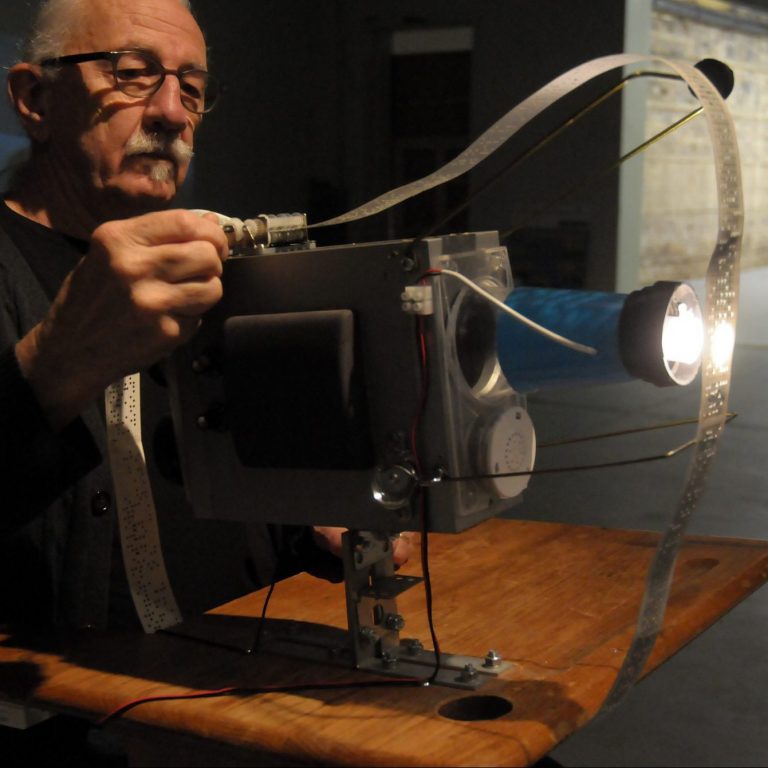
David Bobier
Accessing the Arts: Technological Innovation & Aesthetic Possibilities
David’s Bio
David Bobier is a media artist, educator, arts administrator and curator. He is the Founder, Director and Curator of VibraFusionLab in London, Ontario, an arts-based public studio that investigates multi-sensory artistic modalities in the creation and presentation of art by and for people of all abilities.
His artistic practice has been recognized in numerous solo and group exhibitions and has been the recipient of a number of Canada Council for the Arts and Ontario Arts Council grants. He has served in advisory roles in developing Deaf and Disability Arts Equity programs for both Canada Council for the Arts and the Ontario Arts Council. He is hard of hearing and is the parent of two deaf children.

Dawn Owen
Accessing the Arts: Technological Innovation & Aesthetic Possibilities
Dawn’s Bio
Dawn Owen is Curator of Guelph Museums. She is also an educator and artist in photo‐based practices, and a writer, editor, and publication manager in visual arts publishing.
Owen holds a Bachelor of Arts (Honours) degree, specializing in studio art, from the University of Guelph and a Master of Fine Art–Visual Arts degree from York University (Toronto). She has worked in the public art gallery sector since 1998. Owen is committed to the growth and engagement of accessible programming at the Art Gallery of Guelph — she will support and facilitate the curatorial goals of the BIT Project, with a focus on collaborative and creative exhibitions and outreach.

Dr. Dolleen Tisawii’ashii Manning
Cultivating the Arts: Aesthetics and Artistic Development
Dolleen’s Bio
Dr. Dolleen Tisawii’ashii Manning is a member of Kettle and Stoney Point First Nations, an artist, scholar, and youngest of twelve. Currently, she is a postdoctoral fellow with the International Institute for Critical Studies in Improvisation (IICSI), hosted by the Institute for the Public Life of Arts and Ideas (IPLAI) at McGill University.
Manning received her PhD recently from the Centre for the Study of Theory and Criticism at the University of Western Ontario, and holds graduate degrees in contemporary art (MFA, Simon Fraser, 1997) and critical theory (MA, UWO, 2005). She is also a recipient of the SSHRC Postdoctoral Fellowship, held at Michigan State University, MI, USA, commencing September 2018-2020. She works at the intersection of Anishinaabe ontology and epistemology, critical theory, phenomenology, and art. Manning has chapters published in Intensities and Lines of Flight: Deleuze/Guattari and the Arts, eds. Antonio Calcagno, et al. (Rowman and Littlefield 2014), and Feminist Phenomenology Futures, eds. Helen Fielding and Dorothea Olkowski (Indiana UP 2017). For the BIT project, Manning is co-facilitating the cultivating the arts stream with Mary Bunch, as well as developing collaborative workshops and symposiums with art components, in Montreal and Toronto.

Mary Bunch
Cultivating the Arts: Aesthetics and Artistic Development
Mary’s Bio
Mary Bunch is a Faculty Lecturer at the Institute for Gender, Sexuality and Feminist Studies at McGill University. Her Ph.D. in Theory and Criticism is from the University of Western Ontario. Her research interests include disability, queer, and feminist theory, and social and political thought.
Her current project, a monograph titled Ecstatic Freedom, explores a shift in contemporary queer, crip and decolonial social movements from individualized, neoliberal forms of freedom, to an emancipatory concept based on an ethics of relationality, solidarity, and nonmastery. Dr. Bunch has published articles in the Journal of Literary and Cultural Disability Studies, Culture, Theory and Critique, Feminist Theory, and the Canadian Journal of Human Rights. Her role in the BIT project includes co-facilitation of the cultivating the arts stream with Dolleen Manning, as well as developing collaborative workshops and symposiums with art components, in Montreal and Toronto.

Christine Kelly
Activating the Arts: Arts and/as Activism
Christine’s Bio
Christine Kelly, PhD is an Assistant Professor in Community Health Sciences at the University of Manitoba. Informed by feminist and critical disability scholarship, Christine uses qualitative methods to explore the politics of care, aging and Canadian disability movements.
Dr. Kelly and Dr. Michael Orsini co-edited Mobilizing Metaphor: Art, Culture and Disability Activism in Canada (UBC Press, 2016) and Dr. Kelly authored Disability Politics and Care: The Challenge of Direct Funding (UBC Press, 2016). For more information, see www.christinekelly.ca. For the BIT project, Dr. Kelly and Dr. Orsini will co-lead the stream Activating the Arts: Arts and/as Activism.

Michael Orsini
Activating the Arts: Arts and/as Activism
Michael’s Bio
Michael Orsini is Full Professor in the School of Political Studies at the University of Ottawa and currently Vice-Dean, Graduate Studies in the Faculty of Social Sciences.
He is the co-editor (with Christine Kelly) most recently of Mobilizing Metaphor: Art, Culture and Disability Activism in Canada (UBC Press, 2016). He is currently completing a SSHRC project on the role of emotions and stigma in a range of contested policy fields and a CIHR-funded study on the criminalization of HIV nondisclosure in Canada.
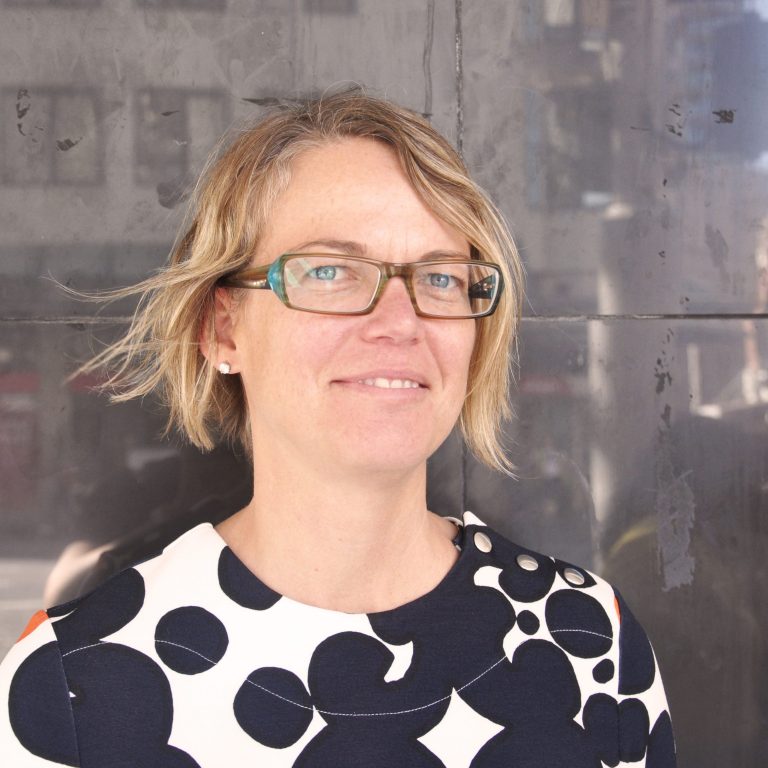
Stephanie Springgay
Mobilizing Artistic and Activist Methodologies
Stephanie’s Bio
Stephanie Springgay is an Associate Professor in the Department of Curriculum, Teaching, and Learning at the Ontario Institute for Studies in Education, University of Toronto. Her research focuses on the intersections between contemporary art and pedagogy, with a particular interest in theories of matter, movement and affect.
Her most recent research-creation projects are documented at www.thepedagogicalimpulse.com, www.walkinglab.org and www.artistsoupkitchen.com. She has published widely in academic journals and is the co-author of the book Walking Methodologies in More-than-Human World: Walkinglab Routledge (2018), with Sarah E. Truman; co-editor of M/othering a Bodied Curriculum: Emplacement, Desire, Affect University of Toronto Press, with Debra Freedman; co-editor of Curriculum and the Cultural Body, Peter Lang with Debra Freedman; and author of Body Knowledge and Curriculum: Pedagogies of Touch in Youth and Visual Culture, Peter Lang.

Nadine Changfoot
Mobilizing Artistic and Activist Methodologies
Nadine’s Bio
Nadine Changfoot is Associate Professor in Political Studies, Trent University. Nadine has worked with Re•Vision since 2012, beginning with the CIHR funded project “Mobilizing New Meanings of Disability and Difference.”
With BIT, Nadine is a member of the Management Committee, co-lead of Research Stream 5, Mobilizing the Arts: Artistic and Activist Methodologies and Pedagogies which, through an iterative process, aims to make BIT research creation and outputs accessible to the public, and will be co-leading a series of multimedia digital storytelling workshops with older adults in partnership with the Trent Centre of Aging Studies. She is also researcher on the SSHRC funded partnership, Community First (CFICE): Impacts of Community-Campus Engagement. CFICE is working to establish and strengthen community-campus partnerships on a regional and national scale. Nadine’s research is collaborative; she has published widely at the intersection of critical disability studies, feminist thought, aging studies, methodology, and community-engaged research.
Researchers and Collaborators

Ben Barry
Ben’s Bio
Ben Barry is the Chair of the School of Fashion at Ryerson University, and Associate Professor of Equity, Diversity, & Inclusion.
Ben strives to intervene into the fashion system and redesign it to centre inclusion and decolonization—creating a future in which bodies that are currently stigmatized and excluded are instead valued and desired. His research program centres the intersectional experiences of disabled, fat, trans and gender nonconforming people and collaborates with them to co-design clothing and fashion media. Ben is the Principal Investigator on the SSHRC Insight Grant Cripping Masculinities: Disabled Men’s Intersectional Narratives Through Fashion (2019-2023). For the BIT project, he will develop artistic and activist methodologies and pedagogies that centre fashion arts and design. His work with BIT falls under the “Mobilizing Artistic and Activist Methodologies” stream.
You can find Ben on Twitter @DrBenBarry.
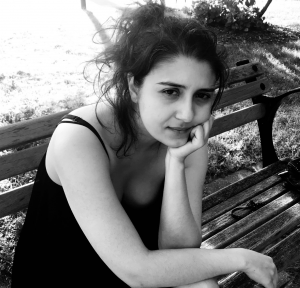
Rana El Kadi
Rana’s Bio
Rana El Kadi is a community-based researcher with a passion for the arts. As Research Associate on the Accessing the Arts project, she is working with communities with lived experiences of disability and difference across Canada to co-create and co-design digital solutions that make difference discoverable and vital.
She is also the Research Lead on Direct[Message], an intergenerational research and development project that aims to make the arts more accessible and inclusive for older adults through digital technology. During her Ph.D. program, Rana collaboratively designed and facilitated ethnomusicology programs with racialized immigrant and refugee youth around the issues of cultural inclusion and anti-racism education in junior high schools. She is the co-founder and curator of Emergent Futures CoLab, a transnational collective of artists, scholars, and activists who work on collaborative projects that channel uncertainty and reimagine more equitable futures with their communities. Email Rana at rev_research@uoguelph.ca
The Re•Vision Team
Re•Vision: The Centre for Art & Social Justice
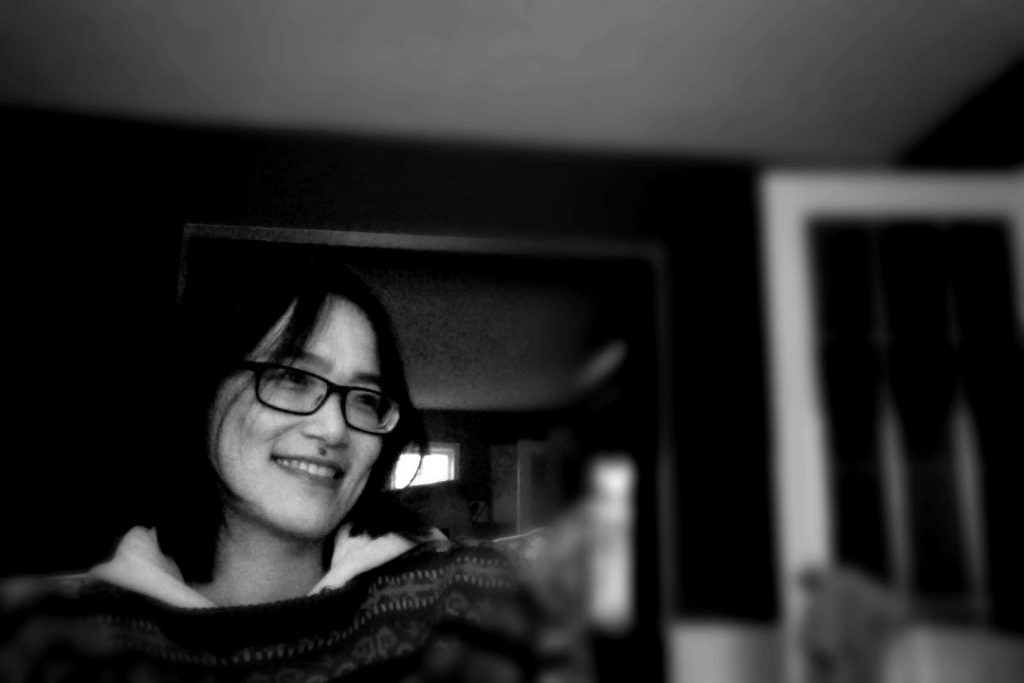
Lilith Lee
Data/Archive Coordinator
Lilith’s Bio
Lilith Lee is the Data/Archive Coordinator of the Re•Vision Centre. She holds a Ph.D. degree in Spanish Literature from the University of Barcelona and an MLIS from the University of Alberta. She loves integrating her experiences to explore interesting possibilities. Her background includes English literature and education, and over the years she has taught medical humanities courses and implemented problem-based learning in Spain and Argentina.
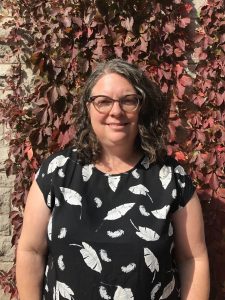
Marnie Eves
Administrative Assistant
Marnie’s Bio
Marnie has worked in the non-profit sector for over 20 years and is passionate about issues of social and environmental justice. She has a Bachelor of Arts in Women’s Studies from Trent University and a Human Resources Management Diploma from the University of Guelph.
